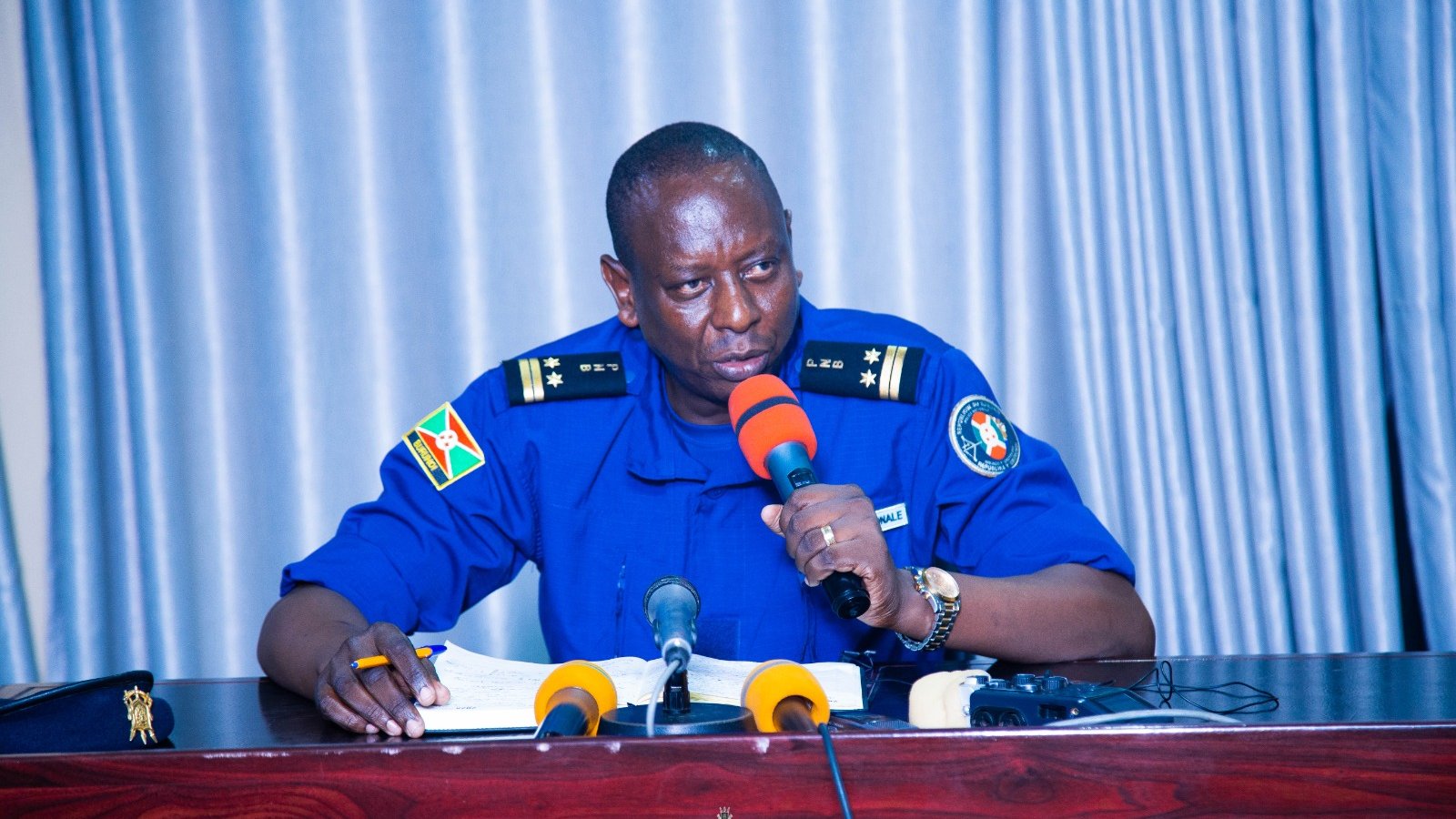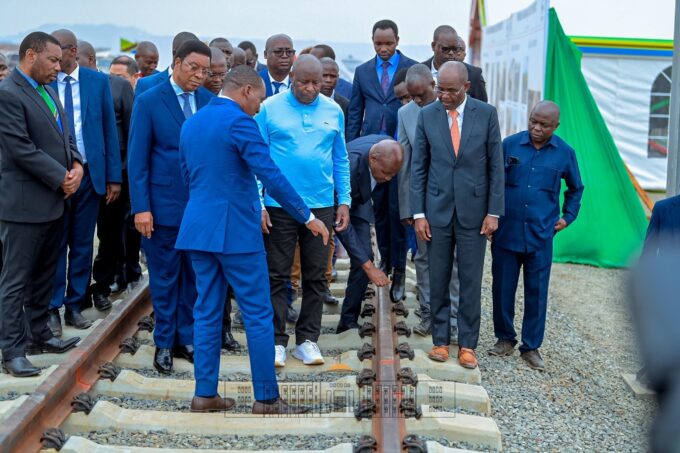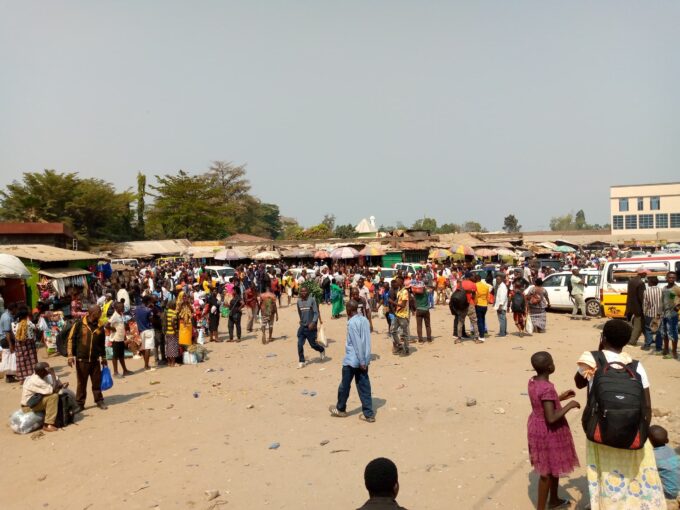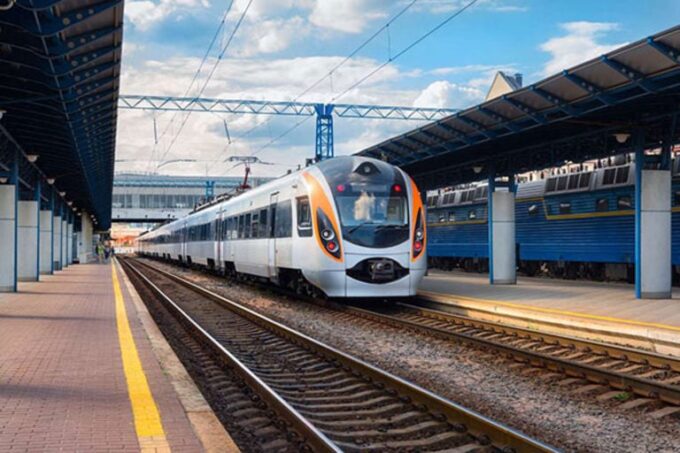In a decisive meeting held on Friday, Inspector General of Burundi Police Joseph Ninteretse announced severe measures to address fuel theft and price hikes affecting public transportation. The meeting, attended by officials from the police, administration, intelligence services, transport sector, and the fuel provider SOPEBU, uncovered a troubling trend of fuel diversion by public transport vehicles. These vehicles, which receive fuel from SOPEBU, have been found to resell it at inflated prices, contributing to the ongoing fuel crisis.
Ninteretse said: “The diversion of fuel meant for public transport is an illegal practice that must be punished by law. The smuggling of fuel will continue to be tackled as we track down the sources of these illegal activities.”
The police chief announced new regulations requiring public transport vehicles to display stickers indicating their operational zones. Vehicles operating in the capital, Bujumbura, will have distinct colors from those working in rural areas to help authorities monitor their routes and ensure proper service delivery. Ninteretse emphasized that any vehicles caught violating these rules would face harsh penalties, including removal from the list of authorized public transport operators.
This announcement follows incidents in various provinces where transport operators were found violating official fare rates, heightening public discontent. In December 2024, local authorities in Ngozi province intercepted a bus that had diverted passengers and inflated its fare, sparking widespread frustration among commuters and raising tensions between transport operators and government officials.
On January 21, 2025, in the southern province of Rumonge, the Burundi Navy intercepted two men who were found in possession of 2,980 liters of smuggled fuel. Similarly, in Ruyigi province, police seized 1,400 liters of illicit fuel at a bus station. The 2,980 liters of fuel, packed into 70 20-liter containers, were intended for the black market.
As fuel shortages continue to plague the nation, public transport operators have raised fares to cope with soaring costs. This has further strained the population, as the rising cost of fuel and transport fare inflation continue to push many Burundians into economic hardship. The government is grappling with finding sustainable solutions to stabilize the situation.
In response to the rising price speculation, Ninteretse had, in December 2024, issued a strong directive to regional commissioners to combat price hikes on essential goods, including public transport tickets. He expressed frustration over the lack of enforcement, warning that anyone found violating price regulations would face serious consequences.








Leave a comment